How often should a puppy pee?
A general puppy peeing is not an issue, normal rule is that puppies should be able to hold their bladder for as long as their age, in months plus one. A 2-month-old puppy should be able to maintain its bladder for 2-3 hours, while a 6-month-old puppy can last for 6-7 hours.
This rule of thumb is also average. Some puppies may be able to stay dry for extended periods without having to stop for a toilet break, while others will need to rest. When puppies are not active, running, eating, drinking, or just waking up from a nap, they will hold their urine longer.
My favorite way to begin potty training is to set a timer that reminds me to take my puppy outside every 30-60 minutes for the first few days. Once I am familiar with my puppy’s schedule, I can allow them to go outside for longer periods.
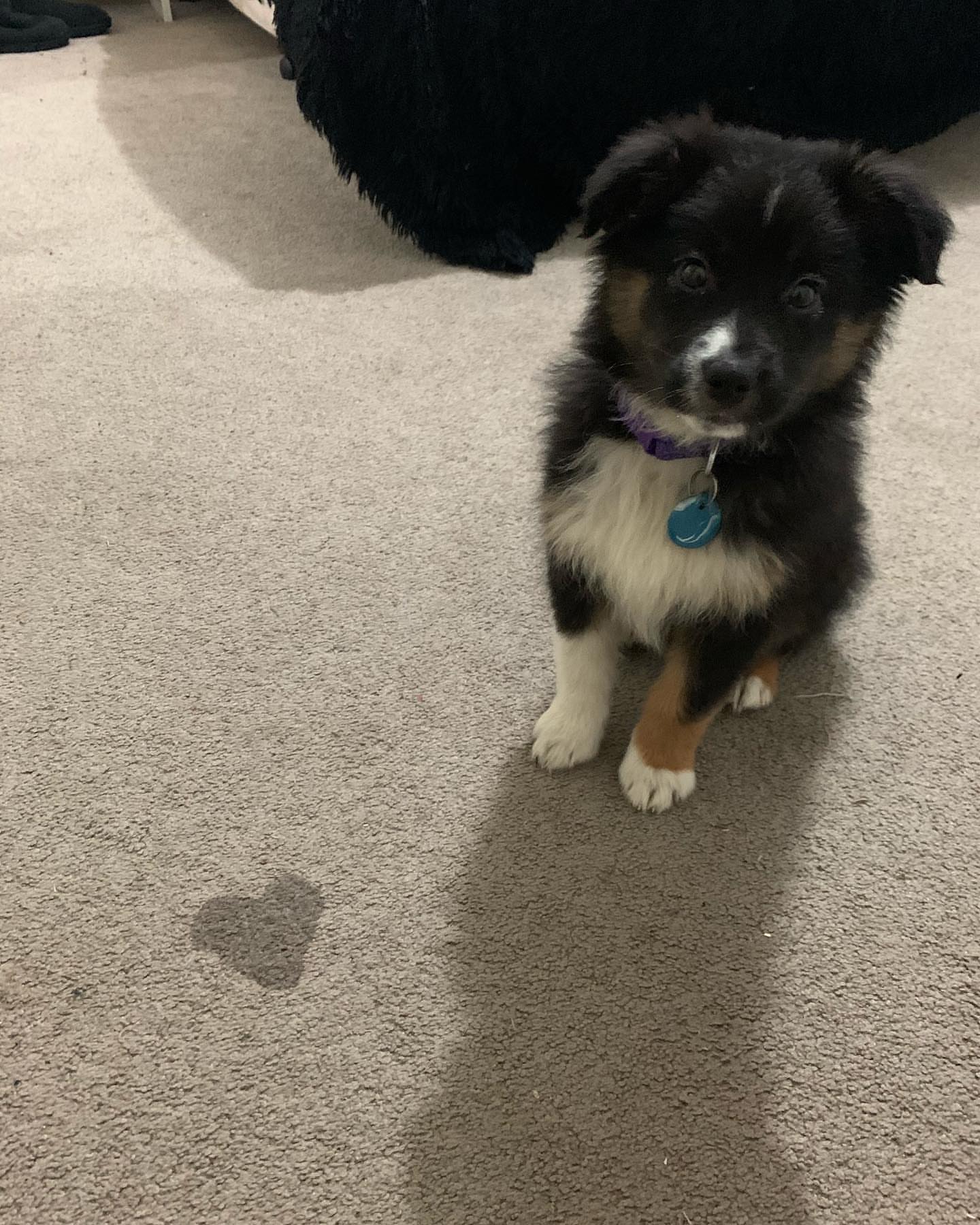
Why does my dog pee every five minutes?
To Get Attention
To attract attention, a puppy will pee more often. Puppy pees more often to get attention. Playing with your dog and going for walks together will help you to avoid this behavior.
You may like: How To Train A Labrador Puppy To Sleep Through The Night?
Anxiety
Dogs can become anxious or nervous when they’re in unfamiliar environments. They may pee whenever they feel nervous. When a puppy is brought home, he will pee everywhere because he is anxious and nervous.
Bad Training Methods
Your puppy may be peeing all around the house because you didn’t correctly train him when he was first brought home. Little puppies aren’t allowed to go potty/pee in their homes, so they go wherever they want.
The bladder control of puppies younger than 9 months is incomplete. They cannot hold their bladder for extended periods of time and are therefore unable to maintain it until then. Their bladders eventually empty. However, they keep a small amount for marking purposes. If you still have trouble training your puppy, then look at Brain Training For Dogs.
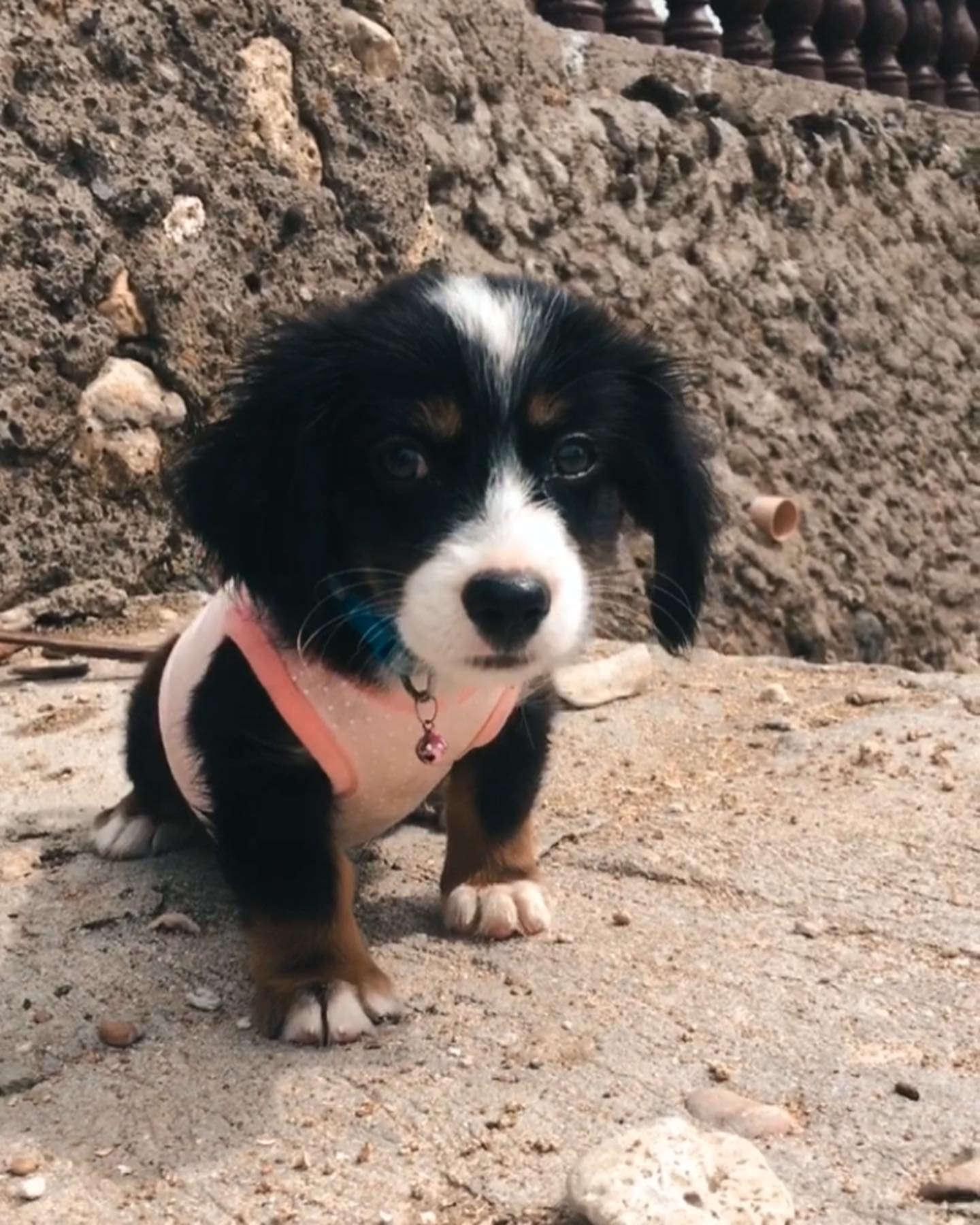
Too Much Water Consumption
Your puppy’s health is improved by drinking water throughout the day. Drinking too much water can make your puppy pee more often. The puppy will drink all day if it has access to water. They will allow it to pass through them, which can lead to many accidents. Within 30 minutes, puppies usually pee after drinking water.
Medical Cause
Frequent urination may indicate medical problems that need to be addressed immediately. A veterinarian will determine whether any medical conditions could cause the problem and can then treat it.
You may like: Why Does My Dog Chew Pillows and Blankets?
Urinary Tract Disease
Urinary tract infections (UTIs) are common in dogs. Dogs with UTIs will often urinate outside. Sometimes, you may see blood in the urine. A UTI can also be indicated by frequent licking or dripping of the genitals. A strong odor in the urine can signify that your dog is suffering from an infection.
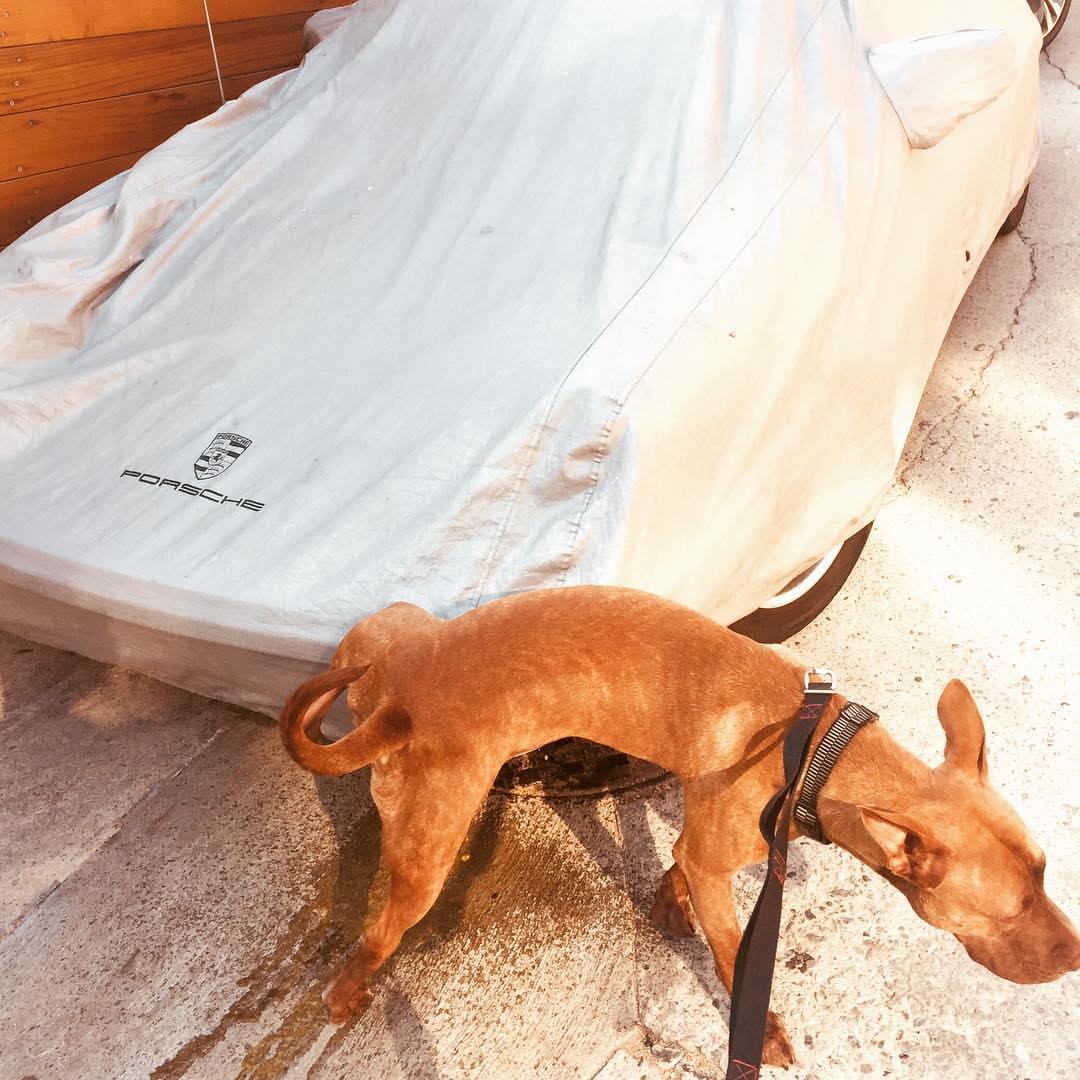
kidney Stone
In puppies, Diabetes mellitus. The American Kennel Club states that dogs may request to go outside more often and have more “accidents” within the house. The body is trying to eliminate excess sugar through increased urination and thirst. This happens when there is also water that binds with the sugar.
Bladder Stones
Bladder stones may cause your puppy to need to urinate. Your dog may cry or whine when they urinate due to blood in its urine.
You may like: Friendly calm dog breeds
How do you deal with your puppy peeing constantly?
Crate Training
After bringing your puppy home, the first thing you should do is to crate train him for puppy peeing. Crate training is a great way to teach your dog where to go and how to behave. Also, you can choose from different sizes and colors. A crate can be purchased according to the size of your dog. Younger puppies cannot hold their bladders for extended periods of time so you have to get them out every hour or so to urinate. With practice, you can increase the time between pee/potty breaks. You should consider many things when choosing a bed, including its size, shape, comfort, and material. Here are a few of my personal recommendations for Amazon:
Puppy Diapers
Puppy diapers can be used to prevent frequent puppy peeing. These diapers can be used until your puppy learns to poo and pee in the right place. They won’t stop them from peeing, but they can help reduce the mess they leave behind.
You can use a belly band for male dogs and for female dogs diapers. Both are available on Amazon and highly rated.
- Bellybands for male dogs: Male Disposable Diapers
- Diapers Disposable Female Dog Diapers
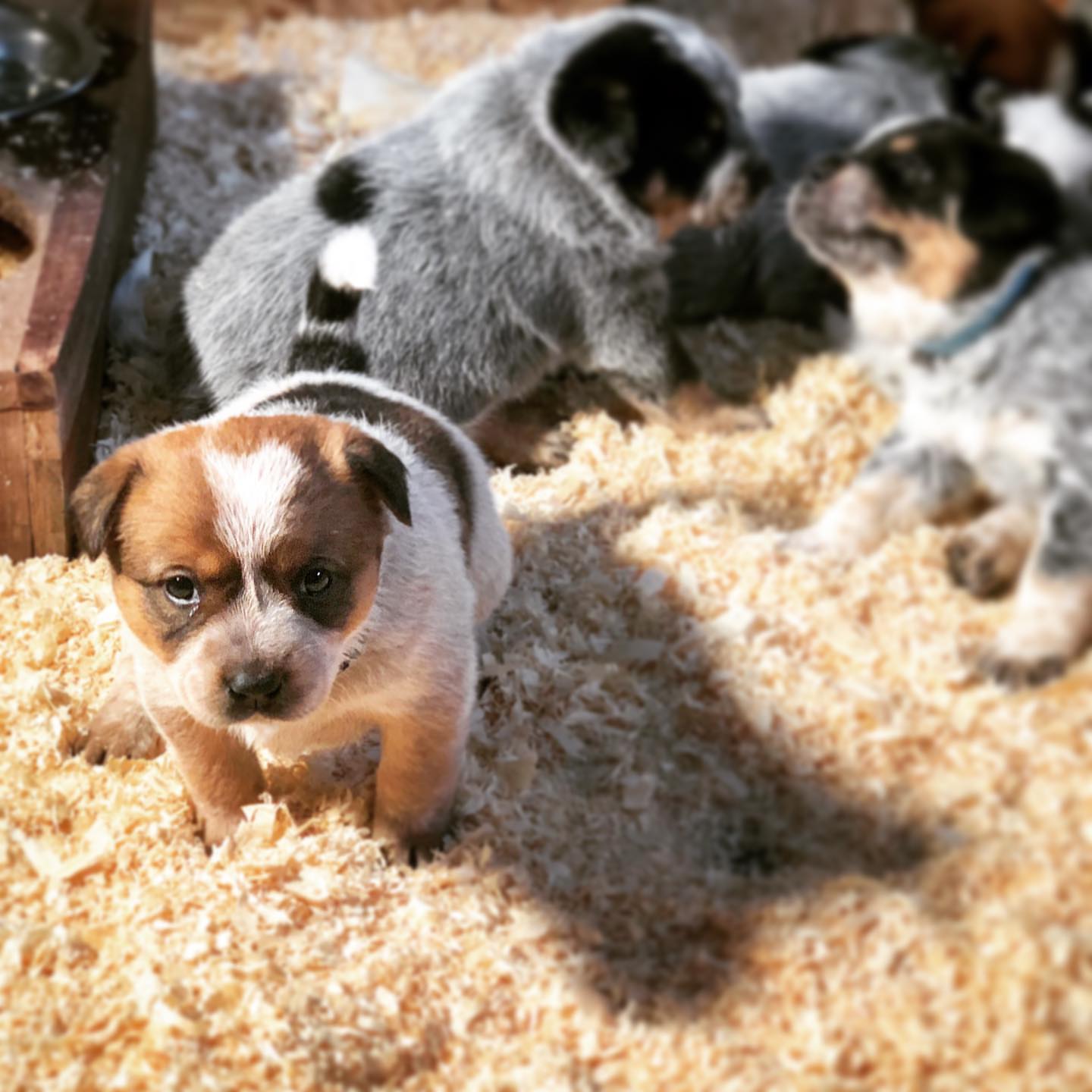
Increase your walking time
You can extend your walk to give your puppy time to urinate after returning from a walk.
You may like: Black Lab Corgi Mix
Pee odors
It is your responsibility to clean up after your dog’s accidents. Dogs communicate with their nose and mouth, and they also have strong senses of smell. They often urinate in areas they have not previously urinated.
To clean up accidents, you can use an odor eliminator. You can use an odor eliminator to get rid of the pee smell, so your dog doesn’t make the same mistakes. This is especially important if the incident occurred on the carpet. This is the top-rated and most popular item on Amazon.
Consult your vet
There are a variety of health conditions and diseases that can cause dogs urinating more frequently than usual. Consult a veterinarian if your dog is excessively urinating. Your dog could be suffering from a serious illness. It can also be extremely painful for your dog. Your veterinarian can diagnose the problem and run certain tests.
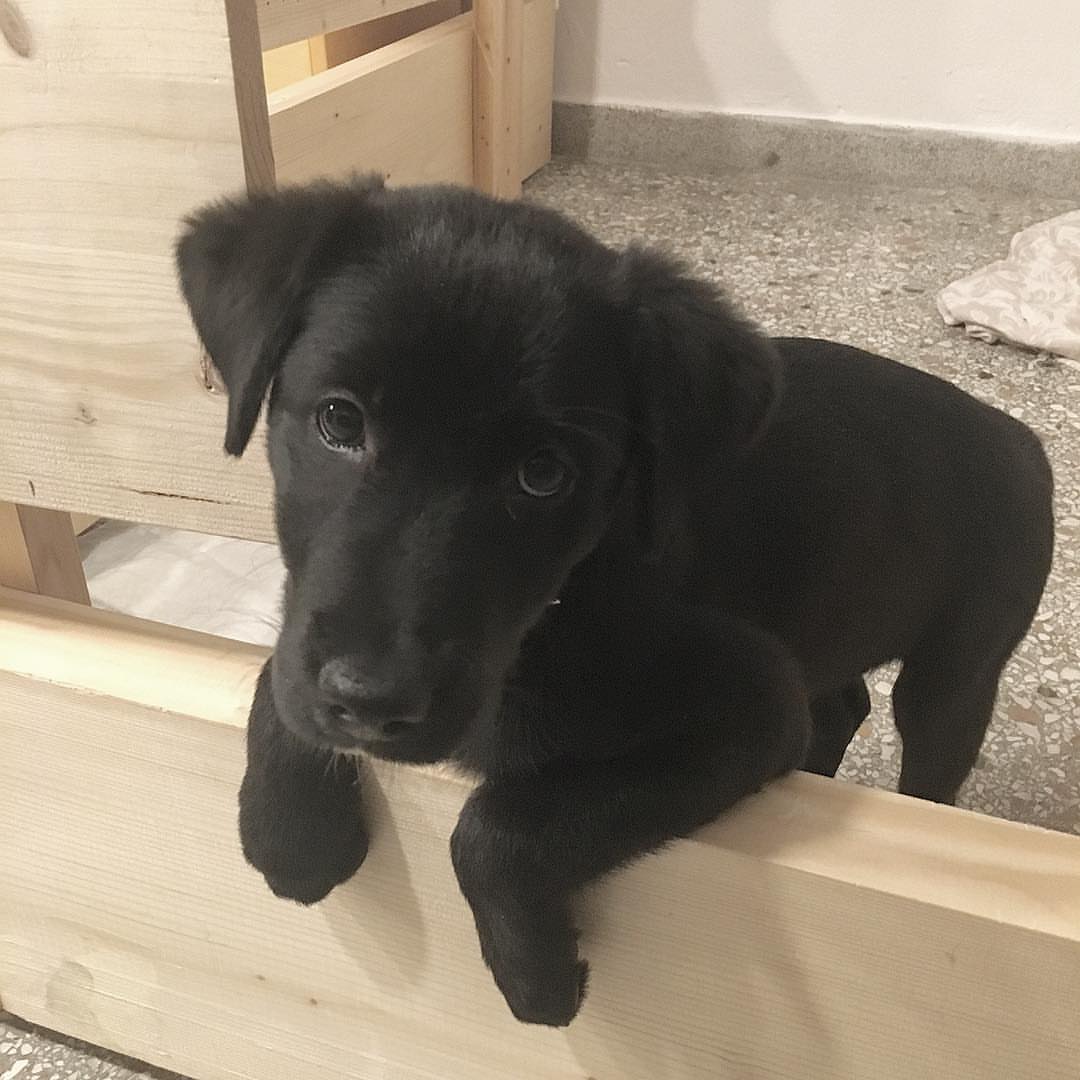
Monitor their water bowl
Many puppy owners make the error of leaving water out for their dogs all day. It would be best if you always emptied your puppy’s water bowl when they are done drinking. This will allow you to keep track of how much they have consumed.
Is this to say that you should not give water to your dog? It doesn’t. To reduce frequent urination, your dog should consume a minimum amount of water daily.




